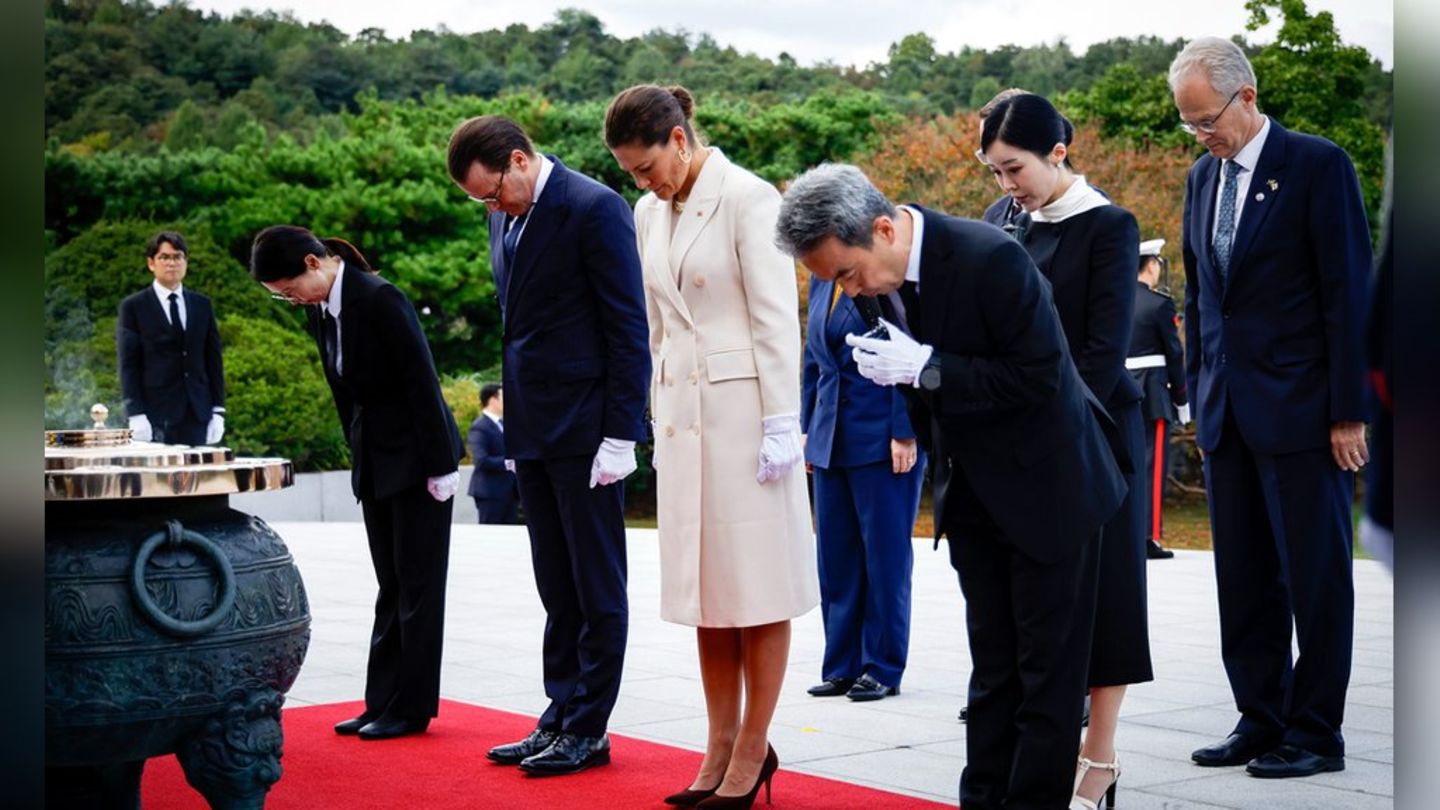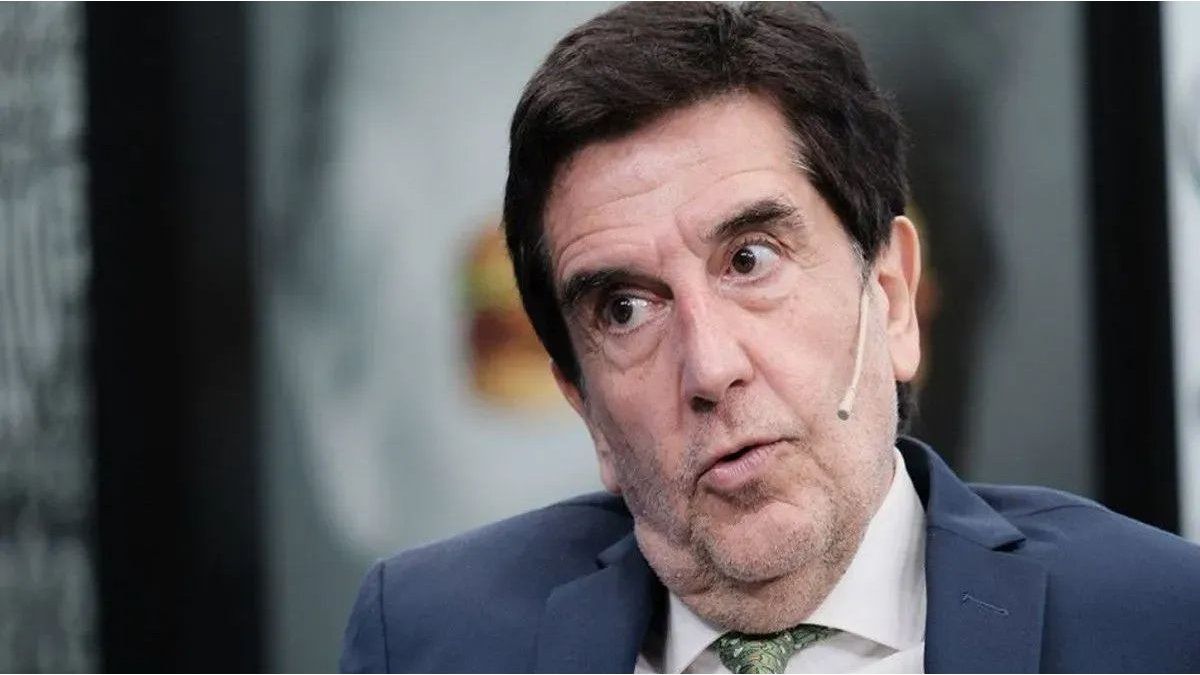Schengen stands for a borderless Europe. The Luxembourg town is located in the border triangle with Germany and France. The announced border controls are not well received in the region.
Jim Krier is not at all in favor of the announced controls at the German borders starting this Monday. “It’s crazy,” says the Luxembourger. He was there in Schengen in June 1985 as a local council member when the agreement for a Europe without border controls was signed on the ship “MS Princesse Marie-Astrid.” “The good things are being reversed. That’s very, very bad,” said the 73-year-old in Schengen.
Michel Gloden is the mayor of the symbolic Luxembourg town in the border triangle with Germany and France, whose name stands for one of the greatest achievements of the European Union: borderless travel. “It is clear that we do not welcome border controls,” he said. “We have so many commuters, local trade in Luxembourg or in Germany. And all of that is being affected.” Today, 29 countries with around 420 million people belong to the Schengen area.
The 52-year-old hopes that the controls will have as little impact as possible on daily life in the border region. The last controls ordered on the German side during the European Football Championship in the summer resulted in traffic jams that were sometimes several kilometers long. “Commuters worked all day in Luxembourg, drove home to Germany in the evening and were stuck in traffic for an hour.” More than 50,000 German cross-border commuters work in Luxembourg.
Federal Interior Minister Nancy Faeser (SPD) has ordered controls at all German land borders starting this Monday (September 16) for an initial period of six months. One aim is to reduce the number of migrants entering the country illegally.
Criticism by Jean-Claude Juncker
“I am not a fan of border controls because they cause massive inconvenience for commuters,” said former EU Commission President Jean-Claude Juncker. “If controls have to be carried out, then mobile rather than stationary controls not at the border but in the hinterland would be less difficult for those affected,” warned the Luxembourger. “The fact that the achievement of European integration is now being called into question without much ado is something that worries me.” It should not be the case “that borders are once again being allowed to emerge in people’s minds and hearts.”
Bad memories of the Corona pandemic
“When you hear about border controls, you immediately associate the situation with Corona,” said Ralf Uhlenbruch, mayor of the Saarland municipality of Perl on the opposite side of the Moselle from Schengen. In spring 2020, Germany closed several border crossings with France and Luxembourg to contain the coronavirus. Something like this should never happen again, he said.
Europe in miniature
There are thousands of commuters every day who travel from Perl to work in Luxembourg. Many children from France and Luxembourg come to Perl for school. And people also cross borders every day to go shopping and fill up with petrol. “It’s different when I carry out an inspection here in the border triangle than in areas where living spaces and the education system are not so well coordinated,” complains the mayor of Perle.
Since October 2023, there have been stationary controls in Germany at the borders with Poland, the Czech Republic and Switzerland. Controls have been in place at the German-Austrian land border since September 2015. The new controls directly at the border affect the land borders with Denmark, Belgium, the Netherlands and Luxembourg.
Schengen not in danger
Other countries in the Schengen area are also reinstating border controls. Mayor Gloden does not see “Schengen” as being in danger, however. “People are realizing that life in Europe is much, much easier with this achievement.” People come to Schengen from all over the world. “There is only one village that is better known than Schengen – and that is Bethlehem,” he says. People who come to Schengen from Africa, for example, say: “You have no idea how lucky you are! To be able to travel across borders like that.”
There will be a big celebration in Schengen in 2025 – the 40th anniversary of the agreement. On June 14, 1985, Germany, France, Luxembourg, Belgium and the Netherlands agreed on board the ship to gradually abolish border controls. Today, 29 countries belong to the Schengen area.
Source: Stern
I have been working in the news industry for over 6 years, first as a reporter and now as an editor. I have covered politics extensively, and my work has appeared in major newspapers and online news outlets around the world. In addition to my writing, I also contribute regularly to 24 Hours World.




